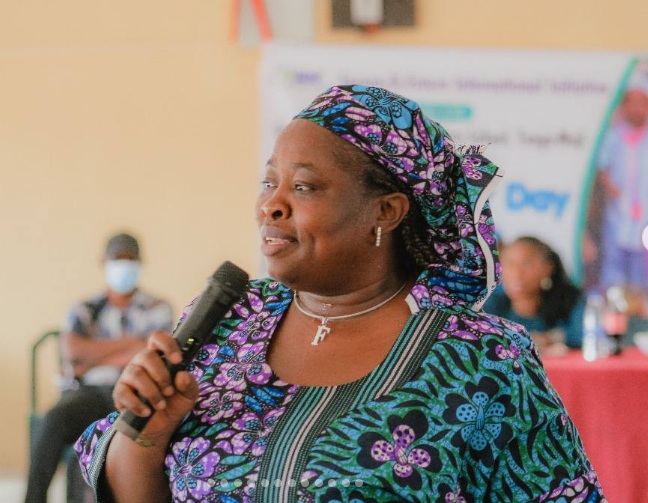
Nigeria Needs More Than Medication for Mental Health — SDF Founder
At the 4th Annual Counselors Summit held in Abuja, the founder of Secure-D-Future International Initiative (SDF) , Chinaemerem Iwuanyanwu , made a compelling case that not all mental health issues require medication .
She stressed that counselling and community-based interventions should play a central role in Nigeria’s approach to mental health care.
“Counselling is one of the major things we must integrate into our mental health framework,” she said.
“One cannot do much when it comes to mental health without counselling.”
This year’s summit was themed “Bridging The Gap: Integrating Counseling Into Mental Health Policies, Opportunities and Challenges.”
It brought together school counsellors, private practitioners, policymakers, and stakeholders from across Nigeria to discuss practical ways to improve access to mental health support.
Alarming Mental Health Statistics in Nigeria
Iwuanyanwu highlighted that research shows 25–30% of Nigerians experience mental illness , but less than 10% have access to professional help .
She attributed this gap to poor awareness, social stigma, and a shortage of trained professionals.
“Societal attitudes still make people afraid to seek help,” she said.
“That’s why we’re pushing for more conversations, more training, and better policy support.”
Launching the Guide on Effective Mental Health Counselling
A major highlight of the summit was the unveiling of the guidebook titled:
“Effective Mental Health Counselling: Bridging the Mental Health Gap in Nigeria”
Compiled by professors, doctors, and experts, the guide aims to equip counsellors with tools to address mental health challenges at the grassroots level.
Iwuanyanwu also noted that many institutions still focus only on career guidance , neglecting the emotional and psychological needs of students.
“We’ve seen that some schools don’t pay enough attention to mental health. They talk about careers, but not about how students are feeling or coping.”
To bridge this, SDF has been working closely with the Secondary Education Board , especially in the FCT , to train counsellors and raise awareness about mental health among educators.
SDF’s Practical Approach to Mental Wellness
Dr. Sada’atu Adamu , founder of SDF, explained how the initiative is making mental health support accessible through school-based mental health clubs .
“These clubs give students a safe space to talk, learn, and support each other,” she said.
She reiterated that while medication and psychiatric hospitals are sometimes necessary, they are not always the solution .
“You don’t need drugs for every mental challenge. Sometimes, all someone needs is a good listener.”
SDF also runs rehabilitation centres for drug abuse recovery and offers basic mental health training to professionals and volunteers.
“What you see today is just part of what we bring onboard as an organization,” she added.
Experts Call for Collective Action on Mental Health
Prof. Malami Umar Tambawal , Vice Chancellor of Shehu Shagari University of Education, Sokoto, echoed the call for collective responsibility .
“Addressing mental health requires the effort of everyone — including government, schools, families, and civil society.”
He praised SDF’s efforts and urged educational institutions to adopt similar models to support students’ well-being.
Call to Action: Share Your Thoughts!
Do you agree that Nigeria should invest more in non-medical mental health support like counselling ?
💬 Leave a comment below and join the conversation on mental health reform in Nigeria.
📢 Don’t forget to share this article to spread awareness about alternative approaches to managing mental health in Nigeria.







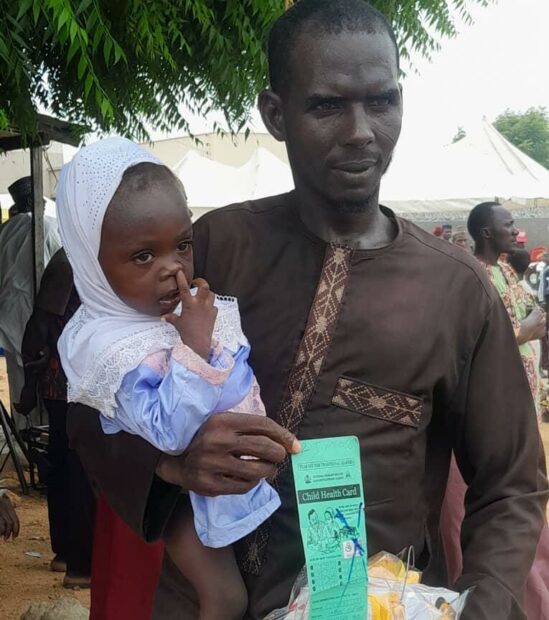

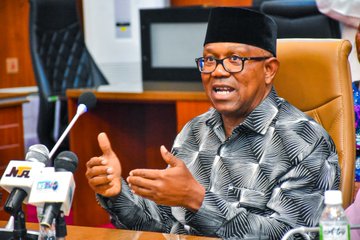
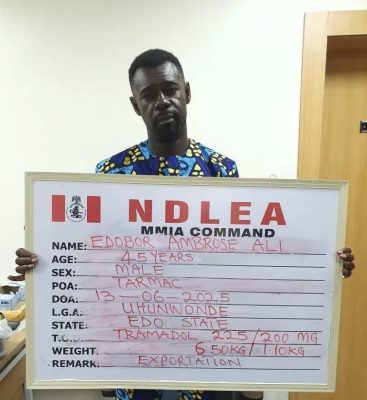
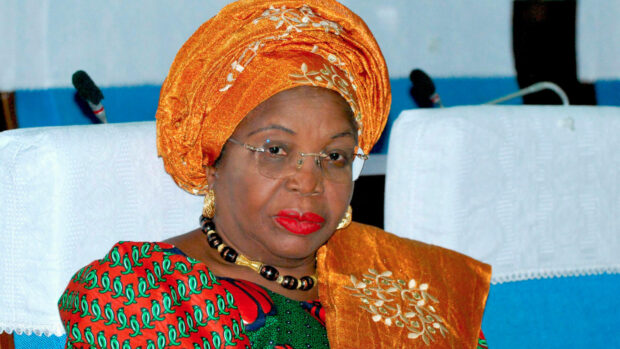
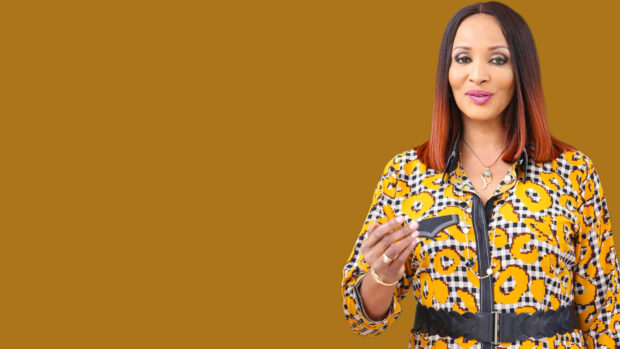


Be the first to leave a comment